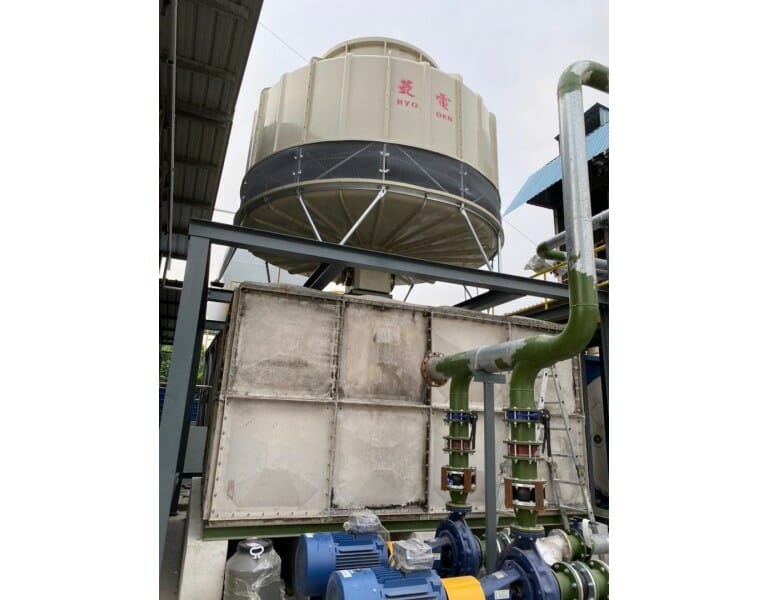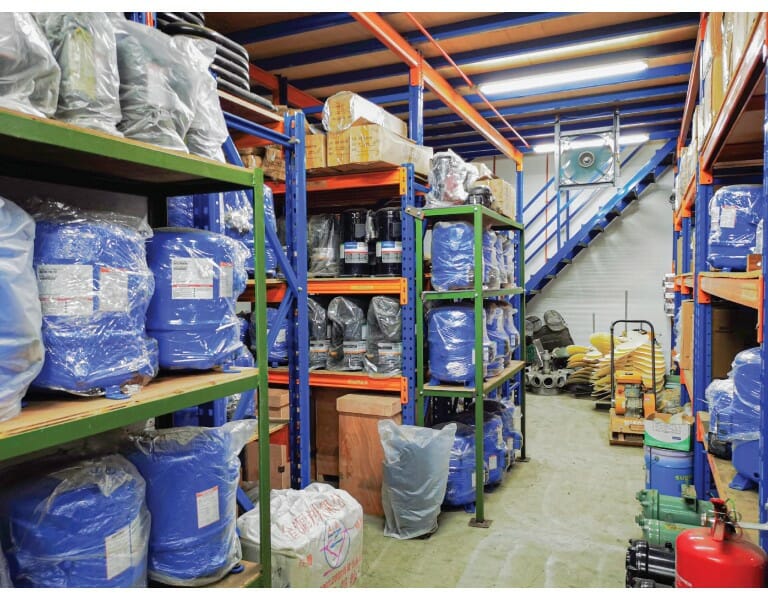Comparing the Noise Levels of Air-Cooled Chillers to Water-Cooled Chillers
Discover the differences in noise levels between air-cooled chillers and water-cooled chillers. Learn how these systems affect your environment and make informed choices for your cooling needs.
Introduction
When it comes to managing the temperature in large buildings, industrial facilities, or even data centres, chillers play a pivotal role. However, one aspect that often goes overlooked until it becomes a concern is the noise these cooling systems produce. In this comprehensive guide, we will delve into the world of chillers, specifically comparing the noise levels of air-cooled chillers to those of water-cooled chillers. By the end of this article, you’ll have a clear understanding of which system might be the best fit for your cooling needs.
Understanding Chillers
Chillers are mechanical devices designed to remove heat from a liquid via a vapor-compression or absorption refrigeration cycle. They are commonly used in large-scale applications to maintain a controlled temperature environment. There are two primary types of chillers: air-cooled and water-cooled.
Air-cooled Cooled Chillers
Noise Levels
Air-cooled chillers utilise air as the cooling medium. These systems are equipped with fans and coils that dissipate heat into the surrounding air. As a result, they can generate varying levels of noise depending on their size and capacity.
Air-cooled chillers are known for being more compact and easier to install, making them a popular choice for smaller spaces. However, their noise levels can be a concern in noise-sensitive environments.
Water-cooled Cooled Chillers
Noise Levels
Water-cooled chillers, on the other hand, use water as the cooling medium. These systems typically involve a cooling tower to dissipate heat. Water-cooled chillers tend to be quieter compared to their air-cooled counterparts.
The design of water-cooled chillers makes them an excellent choice for applications where noise reduction is critical, such as in hospitals, hotels, or residential areas.
Comparing Noise Levels
Now, let’s delve deeper into the comparison between the noise levels of air cooled chillers and water cooled chillers.
Noise Output
When assessing the noise output of chillers, it’s crucial to consider the decibel (dB) levels. These levels determine how loud or quiet a chiller operates.
Air Cooled Chillers
Air cooled chillers typically produce noise levels ranging from 70 to 80 dB, which can be compared to the noise level of a vacuum cleaner or a busy city street. While this may not be an issue in industrial settings, it can be disruptive in quieter environments.
Water Cooled Chillers
Water cooled chillers are notably quieter, with noise levels averaging between 55 to 65 dB. This is akin to the hum of a conversation or background music. Their quieter operation makes them an excellent choice for environments where noise reduction is paramount.
Factors Affecting Noise Levels
Several factors contribute to the noise levels produced by both types of chillers.
Size and Capacity
The size and capacity of the chiller unit play a significant role in determining noise levels. Larger, more powerful units tend to generate more noise.
Fan Speed
For air cooled chillers, the fan speed is a critical factor. Higher fan speeds generally result in louder operation.
Location
The placement of the chiller is also crucial. Proper sound insulation and distance from occupied spaces can mitigate noise concerns.
Environmental Impact
Apart from noise levels, it’s essential to consider the environmental impact of your choice.
Air Cooled Chillers
Air cooled chillers are more energy-efficient and easier to maintain, making them a more environmentally friendly option.
Water Cooled Chillers
Water cooled chillers require a constant water supply, which can be a drawback in regions with water scarcity. However, they are highly efficient in terms of energy consumption.
FAQs
Are water cooled chillers always quieter than air cooled chillers?
Water cooled chillers are generally quieter than air cooled chillers. However, the specific noise level can vary depending on the size and capacity of the unit.
Can noise from air cooled chillers be reduced?
Yes, noise from air cooled chillers can be reduced through sound insulation, strategic placement, and selecting models with lower fan speeds.
Are water cooled chillers more expensive than air cooled chillers?
Water cooled chillers tend to have a higher upfront cost due to their complex system, but they often have lower operating costs in the long run.
Can I use air cooled chillers in residential areas?
While it’s possible to use air cooled chillers in residential areas, noise concerns should be carefully considered, especially in noise-sensitive neighborhoods.
Are there any government regulations regarding chiller noise levels?
Yes, many regions have noise regulations that must be adhered to when installing chillers. It’s essential to check local guidelines before making a decision.
Which type of chiller is more energy-efficient?
Both air cooled and water cooled chillers can be energy-efficient, but the efficiency depends on factors such as load, climate, and maintenance.
Conclusion
In the world of chillers, the choice between air cooled and water cooled systems goes beyond mere cooling capacity. It involves considering noise levels, environmental impact, and application-specific requirements. Water cooled chillers generally have the upper hand in terms of noise reduction, making them an ideal choice for noise-sensitive settings. However, air cooled chillers can still be viable options with proper noise mitigation measures. Ultimately, the decision should align with your specific cooling needs and environmental considerations.
By understanding the nuances of chiller noise levels, you can make a well-informed choice that not only keeps your space cool but also ensures a peaceful and harmonious environment.


